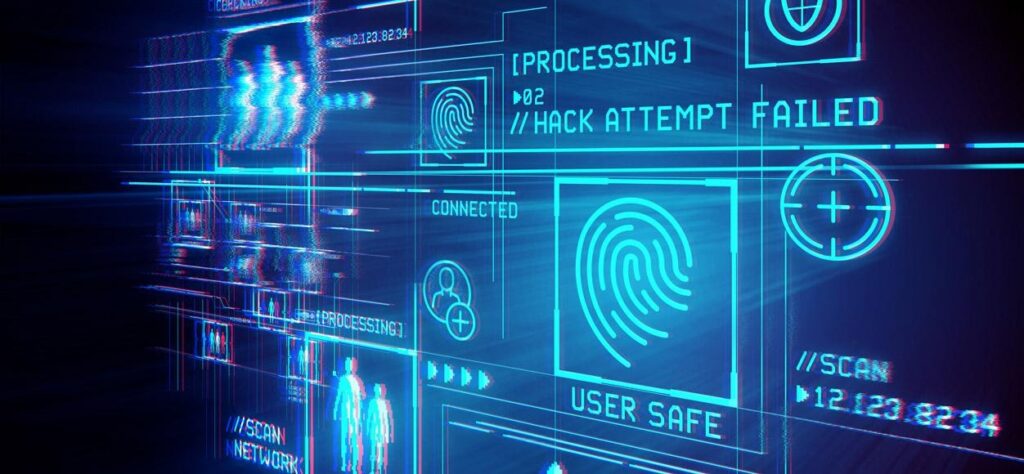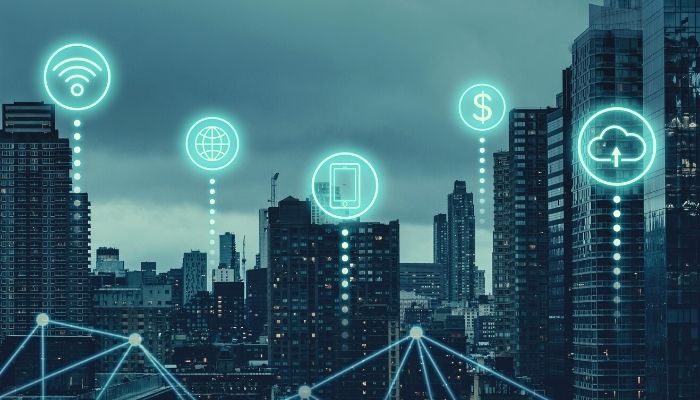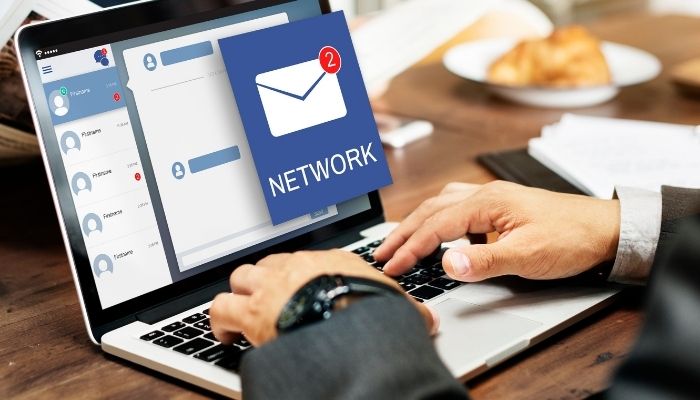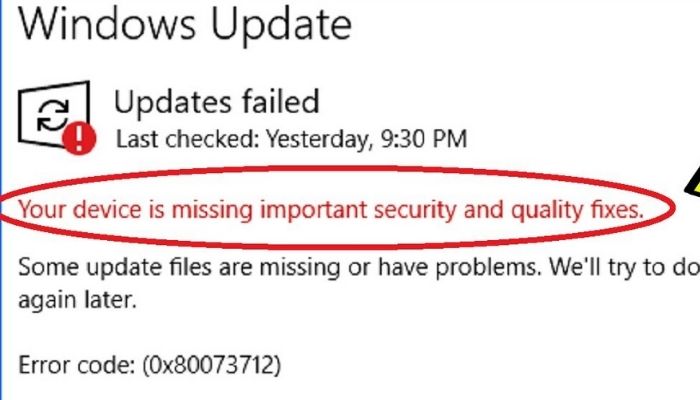
VPNs allow you to unblock websites you can’t access from your region/country, but at times, they can also be used to hide illegal activities, especially those done through the dark web. Yes, using a VPN is completely legal, but that doesn’t mean you can use it to hide illegal activities.
VPNs in countries like the U.S. must keep records of your browsing history to ensure you’re not doing anything suspicious. Although VPNs like NordVPN don’t have to, they can still leak your information if you’re doing something illegal, but that’s only if.
VPNs follow a strict no-log policy, so while your personal information won’t be recorded, your internet activity can still be leaked. VPNs are even illegal in some countries as they hide your browsing history. Some people use VPNs for their “research”, but that can be illegal in some countries. So, is a VPN legal? Keep reading to find
Countries that don’t allow the use of VPNs:
Although wanting to hide your browsing history can be reasonable, that doesn’t mean you can access the dark web to do something illegal. Henceforth, a few countries have banned the usage of VPNs. In countries like Saudi Arabia, “research” is illegal, so they’ve banned the usage of VPNs for that particular purpose. If you do, you’ll be tracked in an instance.
So before using a VPN, you should find out if it’s legal or not in your region. A few may regulate the usage of VPNs, others ban them completely. Countries that don’t allow the usage of VPNs are China, Russia, Iraq, Belarus, North Korea, Oman, and the U.A.E.
Those are just a few of the countries that don’t allow the usage of VPNs. You may want to surf the internet to find out if your country’s one of them. If it’s not illegal, you may have to face internet censorship laws.
The punishment can vary from country-to-country. Some impose fines on both the user and the provider, while others resort to imprisonment. Take the U.A.E., for example. If you use a VPN in the country, you’ll be imprisoned for a short duration.
Laws imposed by the U.S vary from state-to-state, so if you’re residing in the U.S., a VPN may or may not be illegal in your area. A few countries mentioned above allow banks and companies to use VPNs, but an individual cannot.
Read About : Can you be tracked if you use a VPN?
CyberCrimes:
VPNs are currently legal in most countries, but if you use a VPN to do something that’s considered illegal, you’re still doing something illegal, and you will be held responsible for it. A few examples can be accessing the dark web, selling copyrighted information without permission, or hacking into computers or networks without consent, and the worst of all, cyberstalking.
You’ll have to use common sense while choosing a VPN service provider. We know they’re lengthy and tedious to read, but read the Terms Of Service, so you know what you’re getting yourself into. If you read them carefully, you’ll notice that they say that you’ll be held responsible for any illegal activity you use their VPN for.
And they have the right to report it to the authorities. Read through the Terms and Conditions of services you’re going to use a VPN for, to make sure you’re not in breach of their terms.
Is private browsing legal?
Yes, it is legal, but in some countries, you may not be allowed to browse privately. Even in countries where it’s legal, companies can sell your browsing and search histories to anyone and even monitor and track your browsing activities.

What exactly are VPNs used for?
In simple terms, they’re used to protect one’s privacy while surfing on the internet. Companies use them to add an extra layer of protection to their internet activities and use a paid VPN to ensure the utmost security.
Oftentimes, VPNs are even used to access public Wi-Fi privately and safely. Although their internet connections aren’t encrypted, to begin with, but if you connect to one, and use a personal VPN, your network traffic will be hidden from anyone trying to access it, so someone can’t just eavesdrop on your cyber browsing. Well, anyone but the VPN service provider.
VPNs are even used to gain access to blocked websites or watch content that’s not available in one’s country, but you should be aware of the service’s Terms and Conditions. Using a VPN may not be allowed.
You can even use VPNs to bypass restricted networks at work or school.
Is a VPN Legal? – Conclusion:
So, to answer your question: “Is a VPN Legal?”. Yes, it is, but not in every country. Countries like the U.A.E. don’t allow the usage of VPNs, while a few others restrict it. But if you’re using a VPN to commit a crime, you’re still doing something illegal, even if using a VPN is legal in your country, and you’ll be the one that’s held responsible, not the VPN service provider.
Read More : 5 Best Phone Tracking Applications Without Permissions





